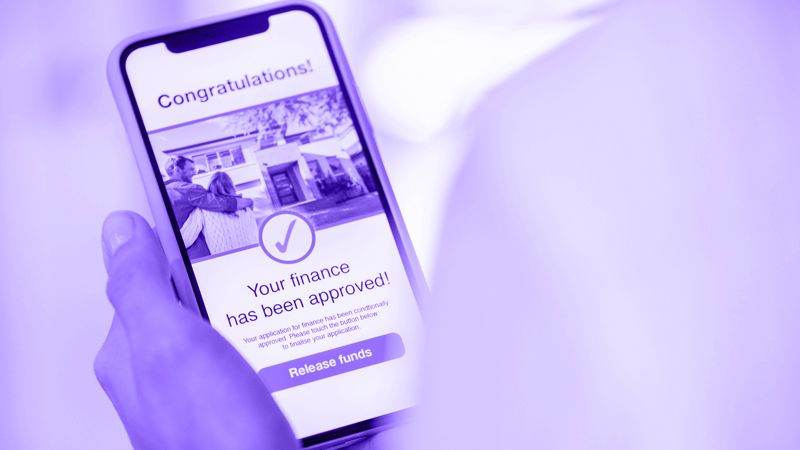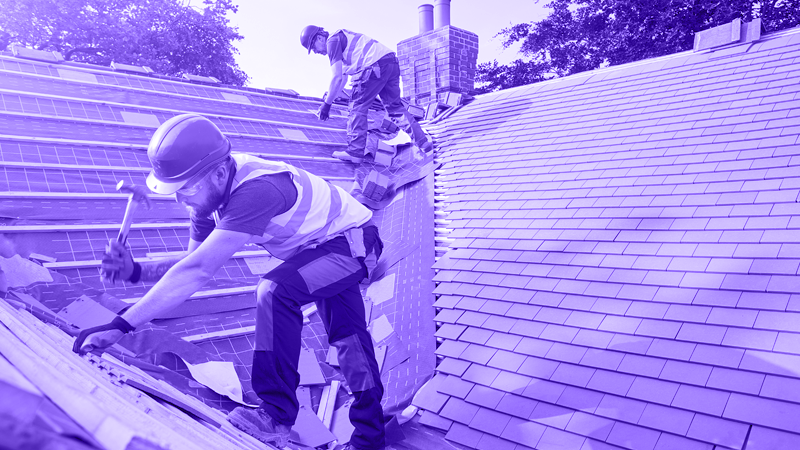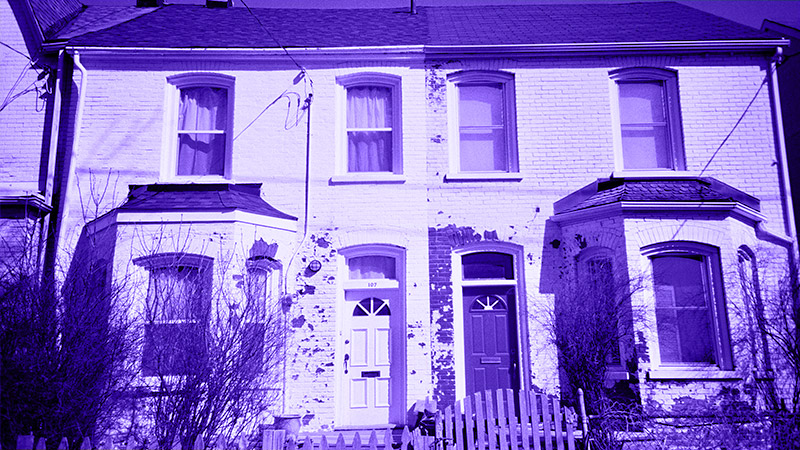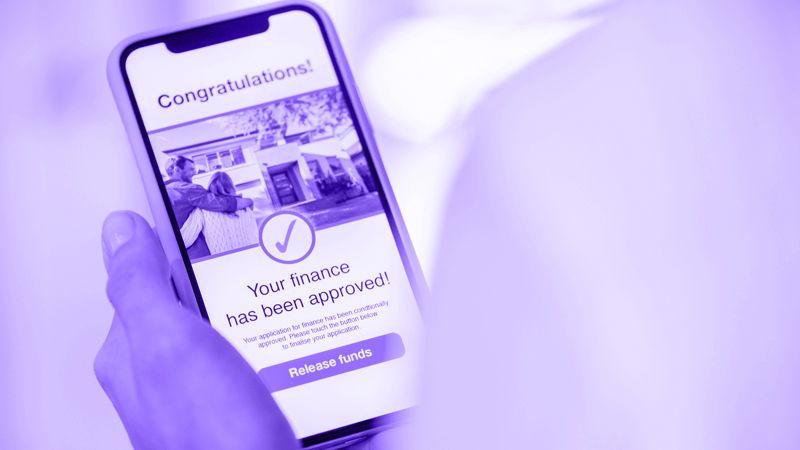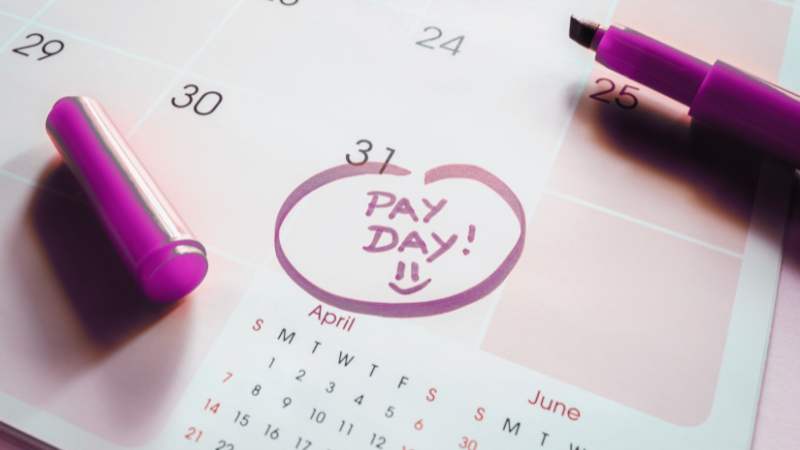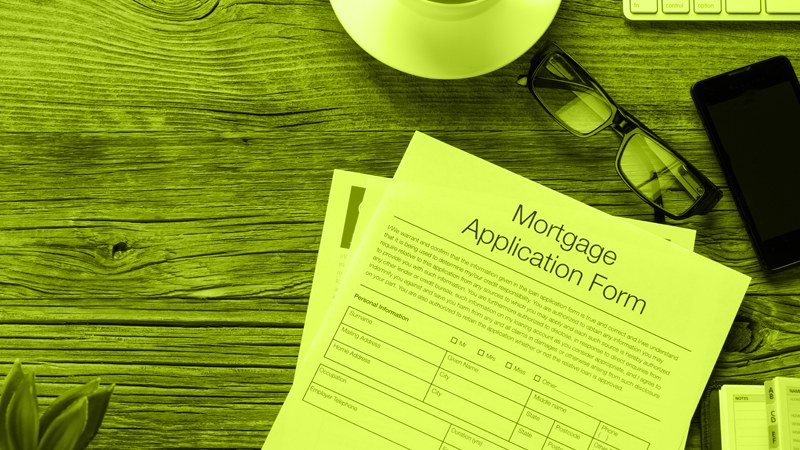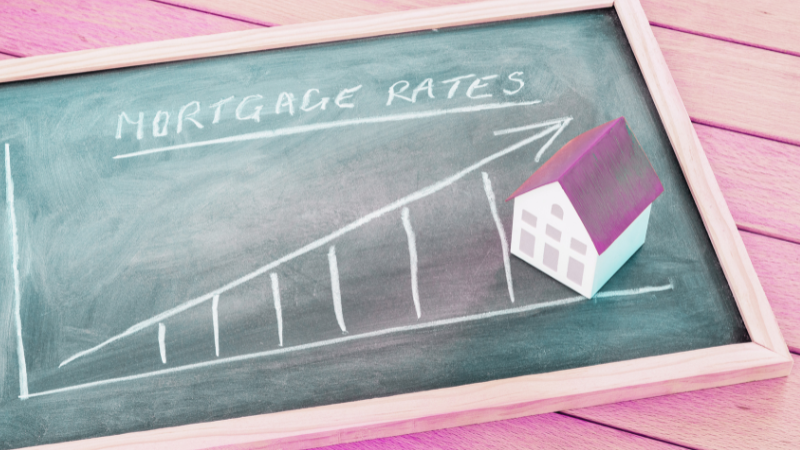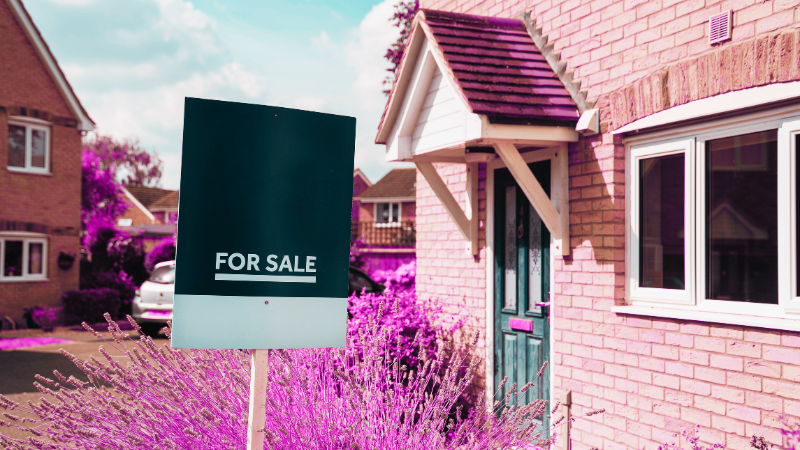Zero Deposit Mortgage – How Do You Get a Mortgage with No Deposit? (2025)


Are you considering owning your home but are struggling to save a deposit?
A recent report by the Building Societies Association shows affordability is one of the most significant barriers to buying a home, especially for first-time buyers with single incomes or unstable and lower-than-average incomes.
Thankfully, a zero-deposit mortgage can help make your dream of homeownership a reality. Here’s everything you need to know about zero-deposit mortgages in the UK.
What Is a Zero Deposit Mortgage?
Zero deposit mortgages are also called 100% LTV (loan-to-value) or no-deposit mortgages. These kinds of mortgages allow you to borrow an amount that covers the whole purchase price of a property, which helps you overcome the challenge of saving up for a deposit.
For example, suppose you’re buying a property costing £200,000. A zero-deposit mortgage will allow you to borrow the total amount of £200,000 from the mortgage lender, meaning you don’t need to pay any money upfront.
Do All Lenders Offer Zero Deposit Mortgages?
Zero deposit mortgages are available among select lenders. Most mortgage providers need at least a 5% deposit, while others require 10% to 20% of the property’s value.
A larger deposit gives you access to a broader range of mortgage deals and lower rates, making your mortgage repayments more affordable.
Lenders stopped offering zero-deposit mortgages after the 2008 financial crisis, but they’ve recently made a comeback in 2023.
Some lenders offering zero-deposit mortgages will require you to have a guarantor who will put up their home or savings as security to reduce the risks involved.
How Do You Get a Mortgage with No Deposit?
=You can get a mortgage with no deposit through various ways. These include:
Skipton’s Zero Deposit Mortgage
The Skipton Building Society introduced a truly zero-deposit mortgage in 2023, and it doesn’t require a guarantor or family support. The mortgage aims to help renters get onto the property ladder with a zero or less than five per cent deposit.
It initially targeted first-time buyers with a good track record of renting but is now available to anyone who hasn’t owned a property in the UK in the last three years. You must meet various criteria to qualify for Skipton’s zero deposit mortgage, including:
- Be at least 21 years of age
- Evidence of paying at least 12 months of rent on time in a row over the last 18 months
- Evidence of not missing any payments on your debts or credit cards within the past six months.
- Having a good credit history
- Show you can afford monthly mortgage payments, which can’t be higher than your rent payments
- The property you want to buy can’t exceed more than £600,000
- The property can’t be a newly built flat
Incorporating A Guarantor
Some lenders can give you a zero-deposit mortgage if you have the support of a guarantor.
A guarantor mortgage can be an excellent choice if you have bad credit or no credit history and involves a close family member or friend taking on some of the risks of taking out a mortgage.
The guarantor reduces the lender’s risk by agreeing to repay the amount you borrow if you can’t keep up with mortgage payments. Lenders can set up guarantor mortgages in a few different ways depending on how the other party is willing to help you. These can include:
- Using property as security
The guarantor can put up their home as security for your mortgage. The lender places a legal charge against the property to guarantee repayments if you cannot make them. The guarantor must own the property outright or have substantial equity.
If you default on the mortgage and the lender repossesses your property and sells it for less than the remaining balance, they can also repossess the guarantor’s home.
- Using savings as security
Some lenders allow guarantors to use savings as security instead of their home, which can be through a family deposit or offset mortgage.
In a family deposit mortgage, the guarantor deposits some of their savings in a dedicated account linked to the mortgage.
It can be 5% to 20% of the property’s value and remains in place for a set period or until you pay off an agreed mortgage amount.
The guarantor receives their money back plus interest if you meet your mortgage payments. If you default and the sale of your property doesn’t cover the balance, the lender can use the money to cover what you owe.
Family offset mortgages are similar to family deposit mortgages, but the guarantor will not earn any interest on their savings. It helps to offset the amount you pay against the amount in the linked savings account.
This means you won’t pay interest on a part of your mortgage equal to the amount your guarantor has set aside, lowering your monthly payments.
Using A Gifted Deposit
A family member or friend can give you the money for a deposit instead of being a guarantor. Gifted deposits can be funded entirely or partly by cash gifts from friends or family members.
Some lenders can offer 100% LTV mortgages with family-gifted deposits, and you may need to show the lender a letter from whoever gave you the money confirming that you won’t pay it back.
Some lenders can also give you a mortgage in cases where other parties have contributed to the deposit in the form of a gift. For example, a seller can offer you a property at a discounted price to make a quick sale, and it can be regarded as a vendor gift.
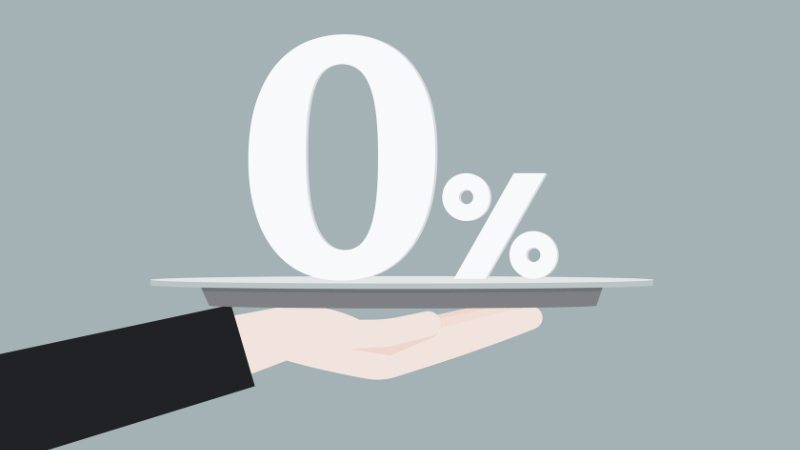
Can You Get a Zero Deposit Mortgage for A Buy-to-Let Property?
No. Mortgages for buy-to-let properties usually feature more stringent criteria, making it almost impossible to get approval if you don’t have a deposit.
Lenders typically ask for a deposit of 25% for a buy-to-let property, with a limited number accepting as low as 15%.
Call us today on 03330 90 60 30 or contact us to speak to one of our friendly advisors.
Final Thoughts
A zero-deposit mortgage makes it possible to buy a home where you would otherwise struggle. However, they also feature various challenges, so it’s always recommended to consult a qualified mortgage advisor or broker specialising in zero-deposit mortgages.
Sources and References
- https://www.bsa.org.uk/getmedia/fb2a8bac-9926-45f9-936c-3055f8bca405/BSA-First-Time-Buyers-Report-2024-(Exec-Summary-v1).pdf

